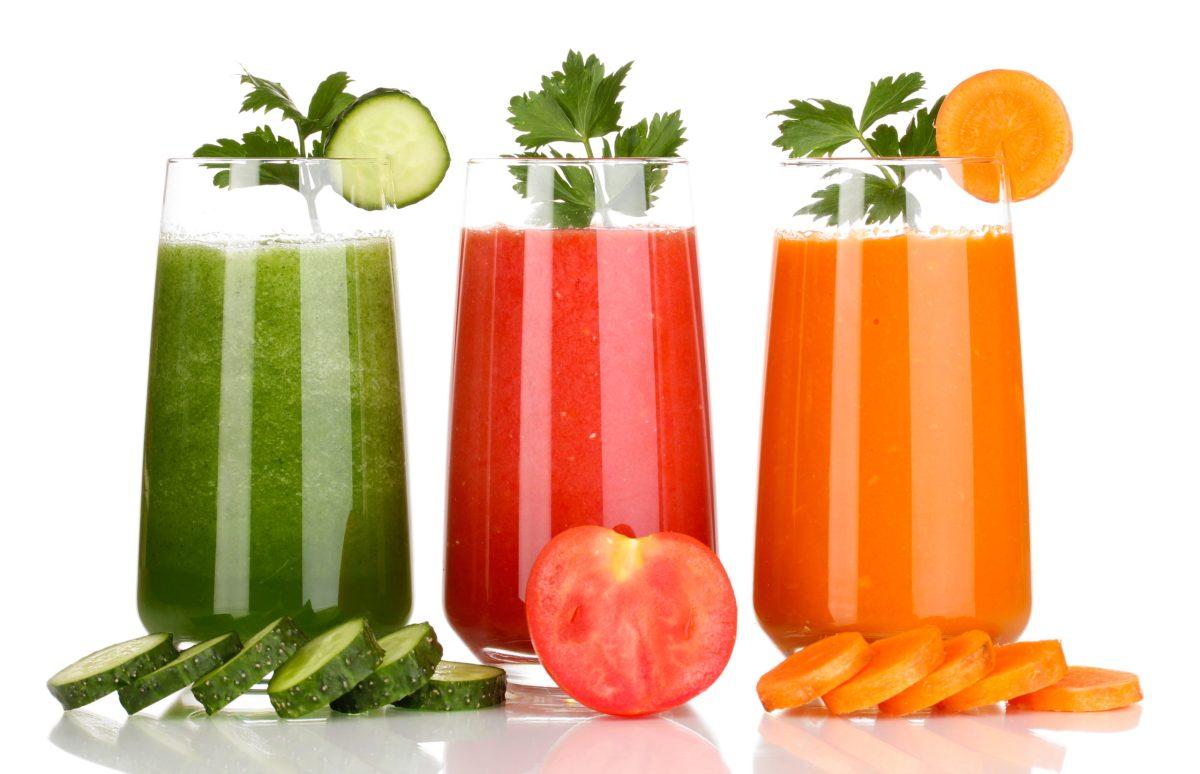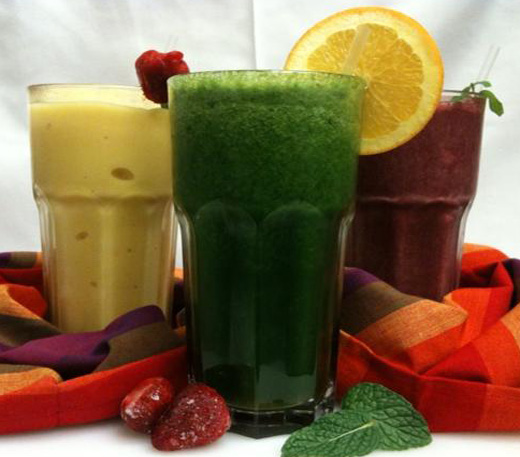Ever since it was realized that obesity rates in America are currently at an all-time high, Americans have been on the lookout for easy ways to lose weight or to start improving their diet. One marketing trend that has gained popularity over the years is the juice that claims to be jam packed with vitamins and minerals, can help you lose weight, and is equivalent to the daily serving amount of fruit. We’ve all consumed these kinds of drinks: Naked Juice, Jamba Juice, Odwalla, and the list could go on and on.
It is true that these beverages may have some nutritional value to them, but they may not be as healthy as what the back of their bottles say. Here’s the lowdown:
Naked Juice: This PepsiCo brand that offers fruit juices, smoothies, and even coconut water claimed to produce “all natural fruit juice drinks” for only $4 a bottle. Sounds like a pretty sweet deal, right? In 2011, it was proven to be too good to be true when a lawsuit filed against PepsiCo forced the company to admit that their beverages aren’t “all natural”. The company came under fire again this year for using the term “evaporated cane juice” to mask its use of sugar.
Jamba Juice: This restaurant retailer claims to serve smoothies filled with herbs, vitamins, and minerals. Their smoothies have a great amount of fruit, which is great! However, some of their smoothies have juice, yogurt, and sorbet, which only make them sugary drinks that are loaded with calories.
Odwalla: Coca Cola owns this company, which claims that their products do not contain any artificial colors, flavors, preservatives, or genetically modified ingredients. Despite this reassuring statement, their drinks are definitely still high in sugar. Even though the sugar comes naturally from fruit, a bottle has 38 grams of sugar, or 9 and a half teaspoons.
Fruit juices are healthier alternatives to soda, but they should still be consumed in moderation. Don’t think of them as a substitute to eating actual fruit every day. By thinking of them simply as a desert or treat every now and then, you can enjoy their delicious taste without putting your health at risk.
By Briana Mancenido






























